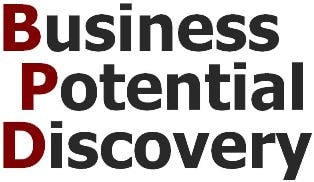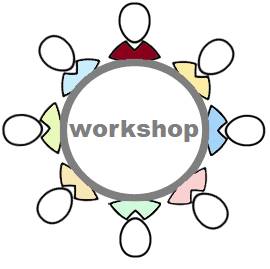workshops and training.Training is the best solution when a larger group of employees needs support in improving work methods or developing competencies
|
|
We offer professional case studies and attractive educational games that allow people to learn and implement knowledge and practical skills based on the effective principle of ‘learning through experience’.
We create custom-made workshops for teams that want to enhance team cooperation, achieve goals or solve problems. Depending on the needs and situation, the consultant may assume the role of the facilitator, trainer or the interim manager. |
Tools and methods used during the workshops:
|
1. Initial consultation with the client company
The scope of the training project is determined after discussing the needs and expectations of the client company. This includes:
2. Homework assignments
Both before and after each stage of the training, we will present the so-called "homework assignments" to prepare ahead of the next stage and/or to summarize the completed workshop. Progress on the homework assignments will mostly be monitored online. Tasks may involve using a specific work method, answering some questions or reading recommended literature.
3. Educational games
The game is a very attractive form of training, implementing the principle of "learning through experience". The game scenario introduces competing teams of participants to a virtual, abstract world. To win - you need to creatively use the tools and skills related to the contents of the training. When the game is finished, we explore analogies and draw conclusions that can be useful in a real business environment.
4. Case studies and simulations
Using simulations of real business situations such as meetings, presentations and gatherings (including the ones online version), means using the most important learning tool in the management and sales training. Each exercise will be subject to an analysis of the strengths, weaknesses and areas for potential improvement - using constructive feedback methods.
5. Analytical tools
Throughout the session we will perform a number of exercises that aim to teach the use of the given analytical tools (charts, spreadsheets) to improve your work style. These include, but are not limited to: the meeting agenda/notes, the task list, customer analysis, a team map.
6. The training materials
We will provide all participants with training materials including the theoretical framework , an number of exercise sets and analytical tools. Exercise workbooks will be prepared in paper form for use in class, and training materials will be sent out to the participants in the PDF format.
7. The action plans
Each training course will be completed by creating individual action plans for each of the participants, which will also serve as their commitments to apply chosen elements of the training in their professional practice.
8. Participant satisfaction surveys
We ask the participants to evaluate their training with a closing survey.
9. Post-training reports
At the end of the project we will present a final report including:
In addition, we will prepare training completion certificates for all the training participants. |






